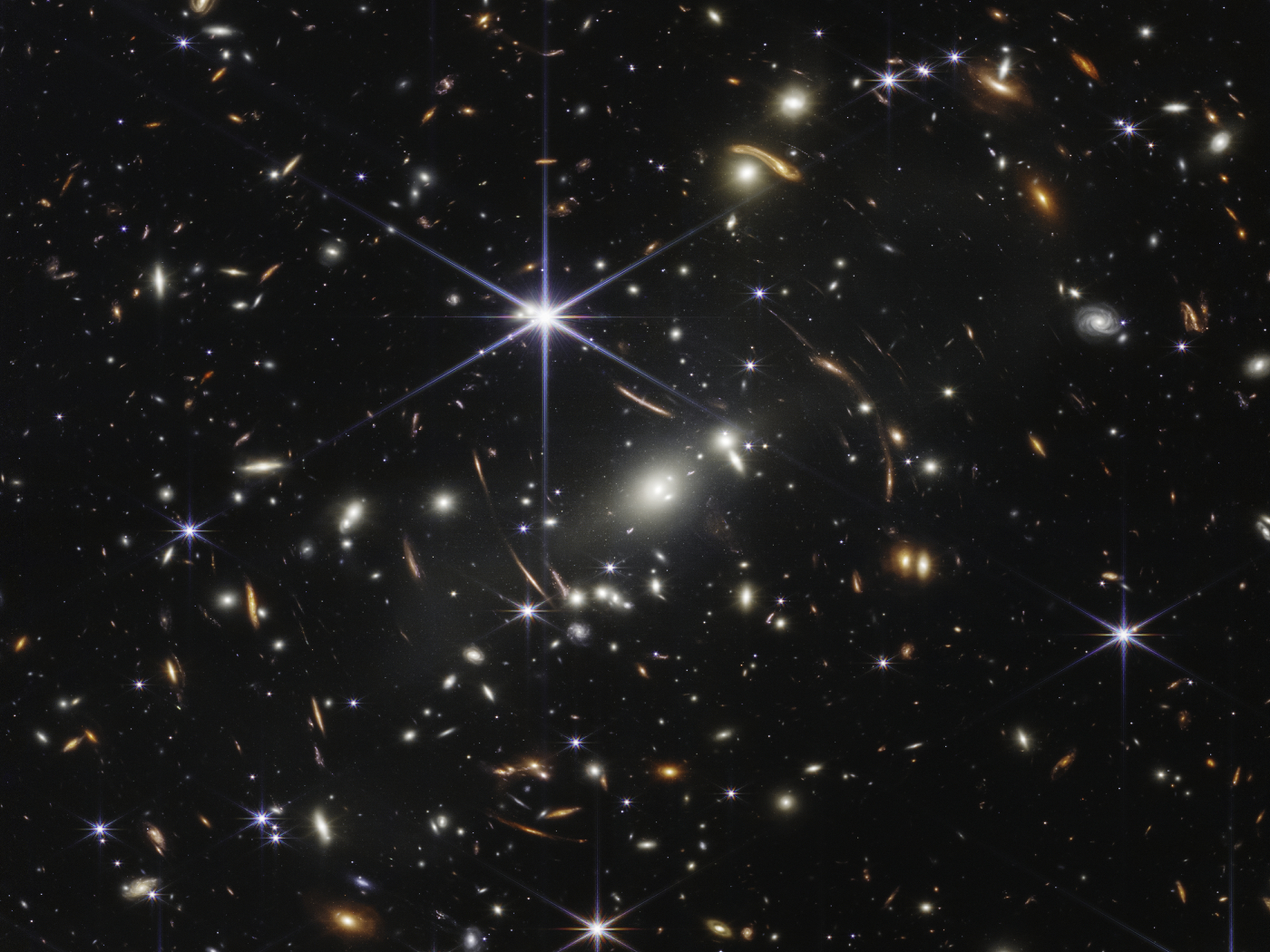"To err is human," according to the 18th-century English poet Alexander Pope.
Human error is not uncommon, even in the area of scientific investigations. But the number of scientific papers that are published and later retracted has increased exponentially within just the past decade.
A retraction, according to a recent news feature in the journal Nature, is "science's ultimate post-publication punishment…the official declaration that a paper is so flawed that it must be withdrawn from the literature."1
"In the early 2000s, only about 30 retraction notices appeared annually. This year, the Web of Science is on track to index more than 400…even though the total number of papers published has risen by only 44% over the past decade," according to the report.1
Of those retractions, about 28 percent were due to "honest error" and 11 percent were for studies that had irreproducible results. However, a surprising 44 percent of retractions were due to misconduct, which further broke down into 11 percent for falsification/fabrication, 17 percent for self-plagiarism, and 16 percent for plagiarism.
The Web of Science, the online academic citation index of Thomson Reuters, issued almost 30 retraction notices for Nature papers between 2001 and 2010. Pubmed issued over 40.
In 2009, a study published in the online journal PLoS ONE examined a host of survey data and found that about 2 percent of scientists admitted to falsifying research at least once and up to 34 percent admitted other questionable research practices. Additionally, about 14 percent had observed their colleagues falsifying data and up to 72 percent had witnessed the use of questionable practices.
"Considering that these surveys ask sensitive questions and have other limitations, it appears likely that this is a conservative estimate of the true prevalence of scientific misconduct," the report stated.2
These numbers are difficult to ignore, particularly in the case of politically charged research areas. In 2004, South Korean stem cell researcher Woo Suk Hwang claimed to have cloned a human embryo and taken stem cells from it. The following year, he said he had created 11 stem-cell lines. Then in 2006, investigations by both scientists and media found that all his data were faked.3
But in the case of non-high profile cases, the reports don't necessarily disappear, and future studies can still cite the papers even after their retractions. Nature reported how one University of Missouri researcher found that 235 articles retracted between 1966 and 1996 appeared in other papers' citations "more than 2,000 times after their withdrawal, with fewer than 8% of the citations acknowledging the retraction."1
And if that's just scientific reliance on faulty data from 1966-96, what about the theories of Charles Darwin that have pervaded scientific thinking for the past 150 years? Later discoveries are continually refuting his speculations, like his "evolutionary tree,"4 and yet many scientists still accept and support evolution.
With this many errors, and more disturbingly the acknowledged presence of falsified and fabricated data, how can the field of science maintain any semblance of infallibility or impartiality, especially when used in concert with political agendas?5
References
- Van Noorden, R. 2011. Science publishing: The trouble with retractions. Nature. 478 (7367): 26-28.
- Fanelli, D. 2009. How Many Scientists Fabricate and Falsify Research? A Systematic Review and Meta-Analysis of Survey Data. PLoS ONE. 4 (5): e5738.
- Cyranoski, D. Rise and fall. Nature News. Posted on nature.com January 11, 2006, accessed November 21, 2011.
- Thomas, B. Darwin's Evolutionary Tree 'Annihilated.' ICR News. Posted on icr.org February 3, 2009, accessed November 22, 2011.
- Stem cells, global warming, and teaching evolution in public schools are some of the controversial areas that have called for political intervention based on partisan scientific perspectives.
* Ms. Dao is Assistant Editor at the Institute for Creation Research.
Article posted on November 28, 2011.

















